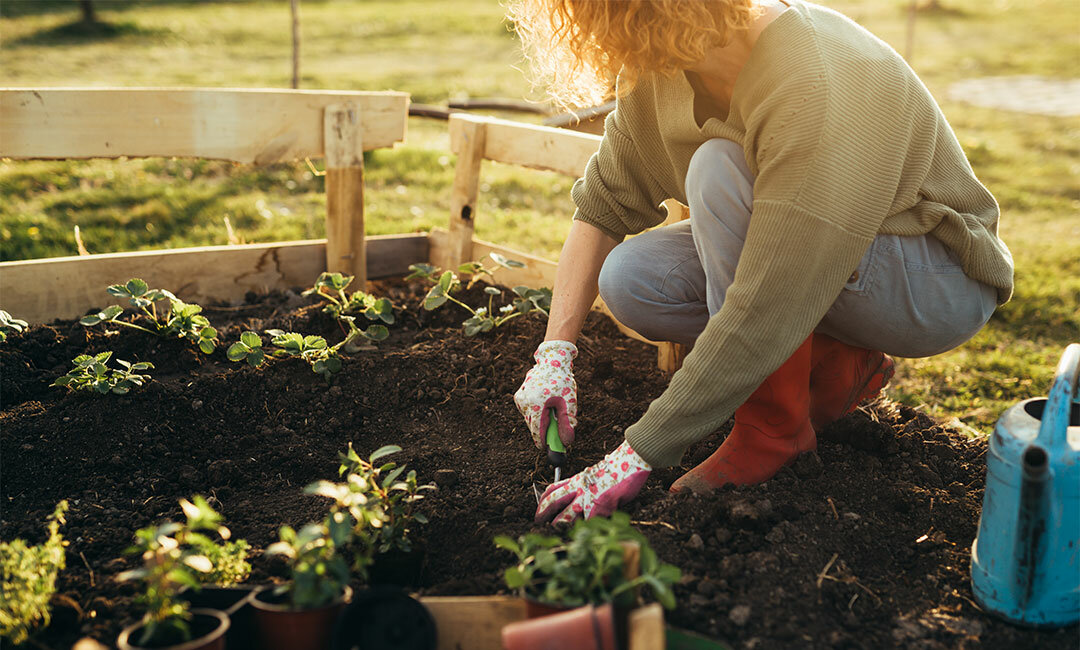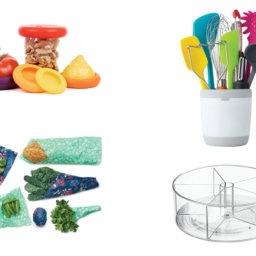
Embarking on a journey into the world of gardening can be an exciting and rewarding experience. Whether you have a sprawling backyard or just a small balcony, cultivating plants allows you to connect with nature, reduce stress, and enjoy the fruits (and vegetables) of your labor. If you’re a gardening novice, fear not! Here are 8 essential tips to help you kickstart your gardening adventure and foster a thriving green space.
1. Start with the Right Soil
The foundation of a successful garden lies in the soil. Different plants have distinct soil preferences, so it’s crucial to choose the right type for your green companions. Most plants thrive in well-draining soil with good aeration. Invest in high-quality potting mix or amend your garden soil with organic matter like compost to enhance its fertility. Understanding your soil’s composition will set the stage for healthy plant growth.
2. Choose the Right Plants for Your Location
Not all plants are created equal, and their success largely depends on the climate and sunlight in your region. Before selecting your green friends, research the hardiness zone and sunlight requirements of your area. Opt for plants that are well-suited to your local climate and can thrive in the amount of sunlight your garden receives. This thoughtful selection will save you from disappointment and ensure a more resilient garden.
3. Master the Art of Watering
Watering is a crucial aspect of gardening, and finding the right balance can be a game-changer for your plants. Overwatering can lead to root rot, while underwatering can stunt growth. Get to know the water needs of each plant in your garden and establish a consistent watering routine. Water in the morning to reduce the risk of fungal diseases and use a watering can or drip irrigation for precise and efficient watering.
4. Provide Adequate Sunlight
Plants need sunlight to photosynthesize and grow, so it’s essential to understand the sunlight requirements of your chosen plants. Most vegetables and flowering plants prefer full sun, which means at least six hours of direct sunlight per day. If you have limited sunlight, consider growing shade-tolerant plants such as ferns or hostas. Pay attention to the direction of sunlight in your garden and strategically place your plants accordingly to optimize their exposure.
5. Mulch for Moisture Retention
Mulching is a simple yet effective technique to retain soil moisture, suppress weeds, and regulate soil temperature. Apply a layer of organic mulch, such as straw or wood chips, around your plants. This protective layer not only conserves water by reducing evaporation but also enriches the soil as it decomposes. Mulching is a time-tested method that promotes a healthier and more sustainable garden environment.
6. Regular Pruning and Deadheading
Pruning and deadheading are essential practices to keep your garden looking tidy and promote vigorous plant growth. Regularly trim dead or yellowing leaves, remove spent flowers, and prune overgrown branches to encourage new growth. Pruning also enhances air circulation, reducing the risk of diseases. Be sure to use sharp and clean pruning tools to make precise cuts and remember that different plants may require specific pruning techniques.
7. Learn to Identify Common Pests and Diseases
Every gardener encounters pests and diseases at some point, but the key is to identify and address them promptly. Keep a watchful eye on your plants for any signs of distress, such as yellowing leaves, holes, or unusual spots. Research common pests and diseases in your region and familiarize yourself with organic pest control methods. Introduce beneficial insects, use neem oil or soap-based sprays, and practice good garden hygiene to minimize the risk of infestations.
8. Embrace Trial and Error
Gardening is a journey of learning and discovery, and it’s perfectly okay to make mistakes along the way. Embrace the trial-and-error process, be patient with yourself, and celebrate small victories. Each garden is unique, and what works for one plant may not work for another. Take note of what thrives and what needs improvement and use each experience as an opportunity to refine your gardening skills.

Hayleigh Butcher is a Content Writer & Brand Strategist for Blender Networks. When she’s not managing blogs for FitMinutes, The-E-Tailer, Cartageous, InStyleRooms, NurturedPaws & Shoelistic, she’s finding a new trail to hike with her dog, Gemma or finding the best new spot in her hometown of Bedford, Nova Scotia for an iced coffee!
















